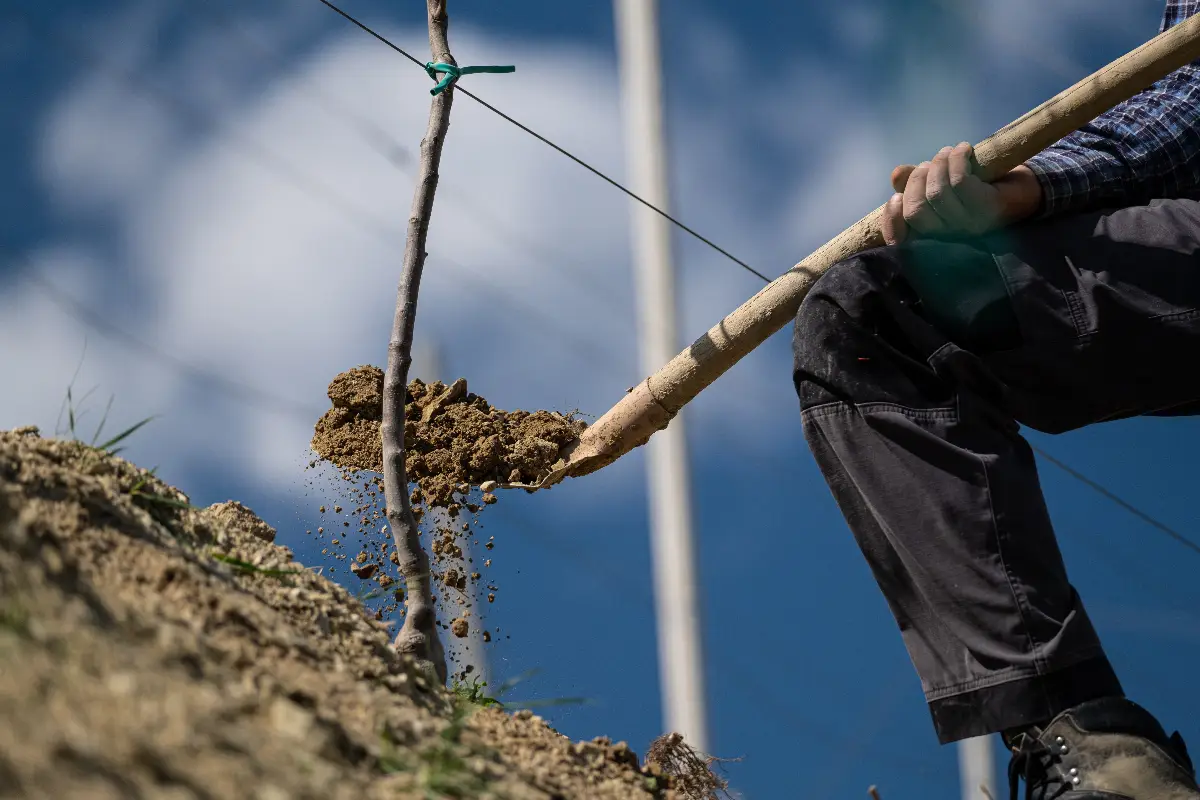
dss+: sustainability protocol with Melinda and xFarm
To develop regenerative practices in the field for more resilient agriculture /Gallery

Implement regenerative practices to ensure greater resilience of farms to climate change, resulting in positive impacts in terms of environmental and economic sustainability. This is the objective of the multi-year project launched by Melinda together with xFarm Technologies, a leading company in the digitalisation of the agri-food sector, and dss+, a company that provides specialized consultancy on sustainability and, specifically, in the field of regenerative agriculture.
The planned path has a minimum duration of 4 years, during which the Consortium and its partners will work with a selected group of agricultural companies on the implementation of regenerative practices in the field. Thanks to the xFarm platform, it will be possible to collect and process a large amount of data, which will allow the economic, agronomic and environmental effects to be monitored over time, with the aim of refining the techniques, increasing efficiency and reducing the waste of resources and related costs. In this way, it will be possible to arrive at a validation of the practices used and the final drafting of a protocol for agricultural companies.
“ Thanks to the use of a monitoring system developed by xFarm together with dss+, and with the support of a group of specialized agronomists, we will evaluate the progress of the agricultural practices adopted every year by analyzing the sustainability data, costs and benefits obtained” , explains Jasmine Chini, expert in Melinda's Research and Development division. “The main objective consists in the development of a protocol that allows to obtain a reduction in the environmental impact associated with agricultural production, while at the same time allowing adequate yields to be obtained and therefore preserving the economic sustainability of agricultural activity”.
Matteo Peyron, Sustainability Manager of dss+, adds that " in this project we are committed to providing targeted support to farmers and the working group, offering specialized advice on the most efficient regenerative agriculture practices. Thanks to our carbon dynamics simulation tool of soil, developed in collaboration with xFarm, we aim to optimize organic matter sequestration and other sustainability parameters, thus helping to define the best environmental and economic practices to develop the resilient agriculture of the future."
Businesses will have a key role in the project thanks also to the direct involvement of farmers. In fact, the program includes various moments of discussion between operators and experts, with training and evaluation initiatives of current or already tested practices. Furthermore, the soil sampling and analysis operations are particularly important, which will allow the monitoring and final validation of the techniques used. Finally, the evaluation of the costs incurred is decisive, which goes hand in hand with the calculation of the environmental impact and the quantification of the yields.
“Supporting an iconic company like Melinda on this path towards more sustainable and digital agriculture is a great satisfaction” adds Matteo Vanotti, CEO of xFarm Technologies. “We are deeply convinced that, through the creation of projects aimed at implementing regenerative agriculture practices, we will be able to push the world of agriculture in this direction, involving more and more companies and bringing concrete benefits to farmers. Ours is in fact one of the first projects of this type conducted on fruit in Italy and we are convinced that its development will allow us to accelerate the adoption of these practices and that many other companies will follow the example".
Regenerative agriculture is based on the use of cultivation practices aimed at protecting and recovering soil health. This approach allows the fertility of the soil to be restored, which can thus provide a set of ecosystem services that can benefit both the environment and the farmer. Furthermore, agricultural regeneration techniques favor the soil's capacity for carbon sequestration, with consequent mitigation of climate-altering emissions.
EFA News - European Food Agency